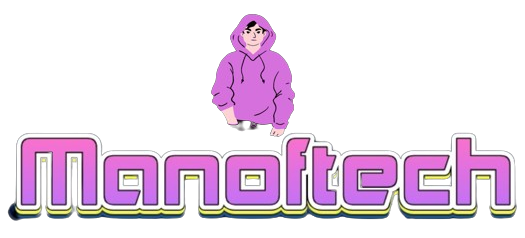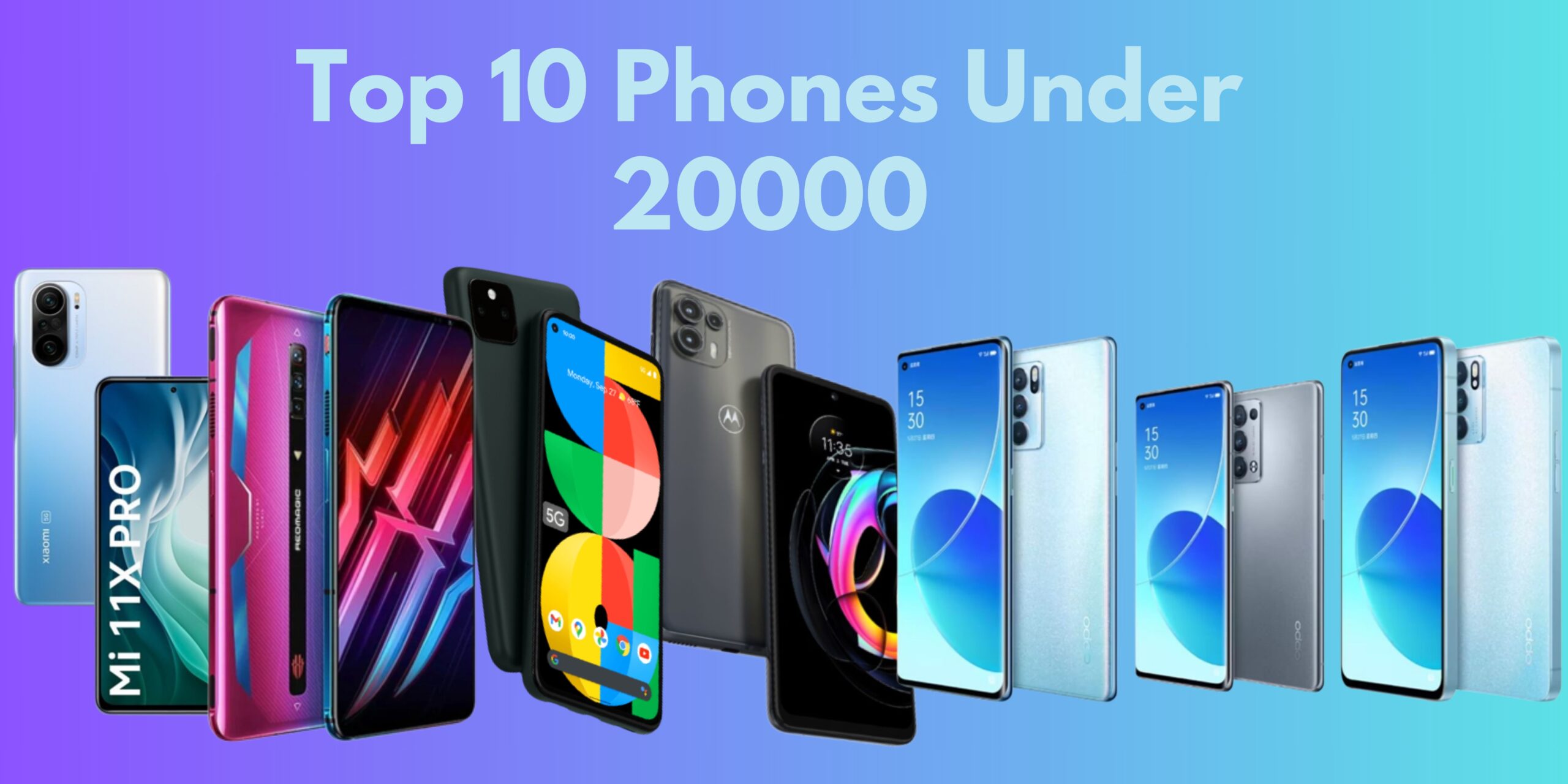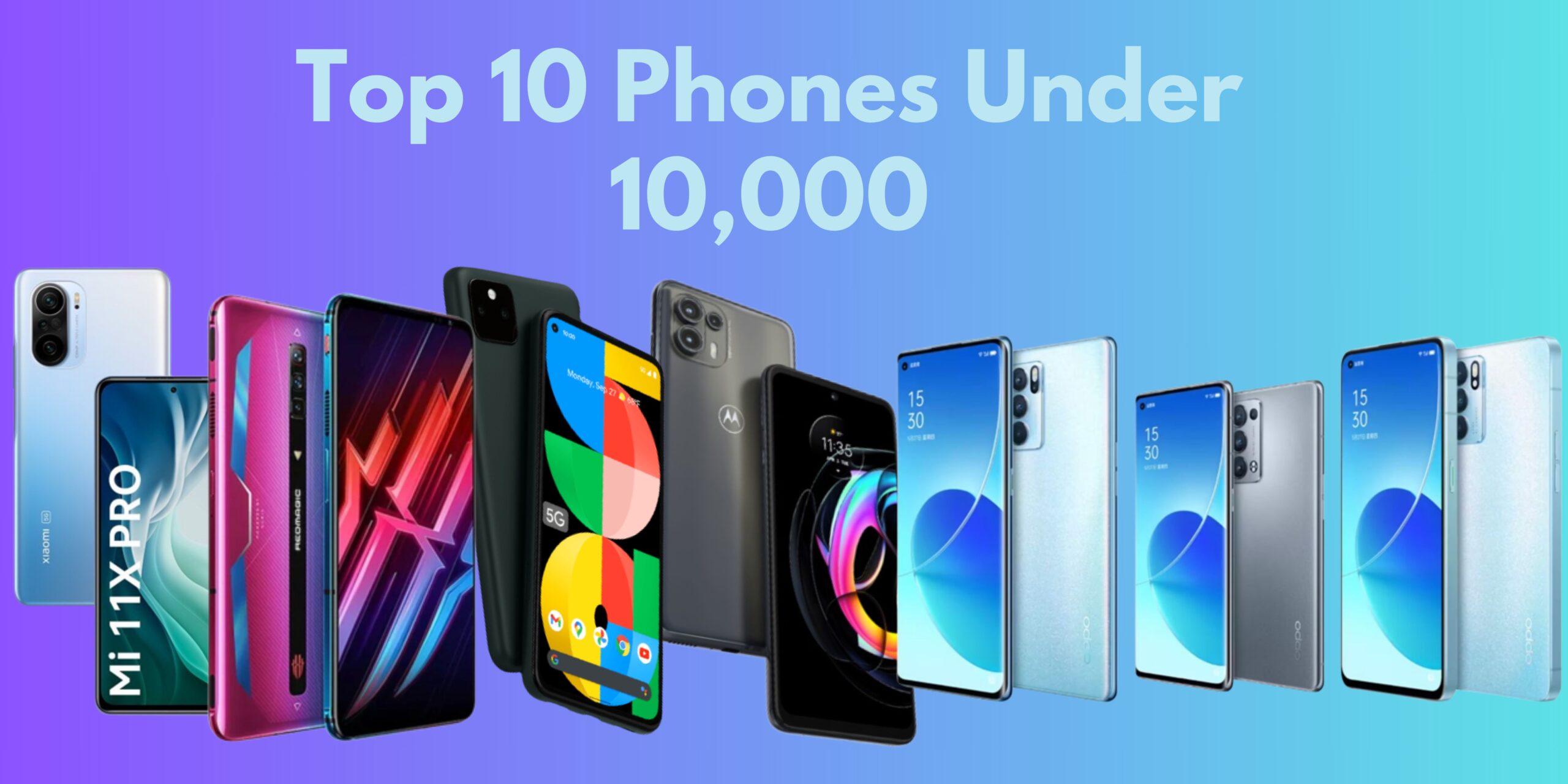The Intersection of Technology and Mental Health
In our fast-paced, technology-driven world, the intersection of technology and mental health has become a focal point for innovation and positive change. This article embarks on a journey through the evolving landscape where advanced technologies and mental health awareness converge, ushering in a new era of support, resources, and well-being.
Technology as a Catalyst for Awareness
Breaking Stigmas: Technology has played a pivotal role in breaking down long-standing stigmas associated with mental health. Online platforms, social media campaigns, and digital communities provide spaces for individuals to share their stories, fostering a sense of understanding and empathy.
Mental Health Apps: The rise of mental health apps has transformed smartphones into portable support systems. From meditation apps to mood trackers, these tools empower individuals to actively engage in their mental health journey. The accessibility of these apps makes mental well-being a priority in the palm of one’s hand.
Teletherapy and Virtual Support
Accessible Counseling: Teletherapy has emerged as a game-changer, making mental health support more accessible than ever. Virtual counselling sessions allow individuals to connect with therapists from the comfort of their homes, overcoming geographical barriers and promoting inclusivity.
Online Support Communities: Digital platforms host a myriad of online support communities where individuals facing similar mental health challenges can connect. Whether through forums, chat groups, or social media, these communities provide a sense of belonging and shared understanding.
Wearable Technology and Mental Health Tracking
Monitoring Stress Levels: Wearable technology, such as fitness trackers and smartwatches, has expanded its scope to include mental health tracking. These devices can monitor physiological indicators like heart rate and sleep patterns, offering insights into stress levels and overall well-being.
Early Intervention: By analyzing data over time, wearable devices can provide early indicators of potential mental health concerns. This proactive approach allows individuals and healthcare professionals to intervene early, preventing the escalation of mental health challenges.
Artificial Intelligence in Mental Health
Personalized Interventions: Artificial Intelligence (AI) is revolutionizing mental health interventions by offering personalized approaches. AI algorithms can analyze data patterns to tailor interventions, whether through chatbots providing immediate support or virtual therapy sessions adapted to individual needs.
Predictive Analytics: AI’s predictive capabilities contribute to the identification of mental health trends on a broader scale. By analyzing large datasets, AI can forecast potential mental health challenges within populations, informing public health strategies and resource allocation.
Ethical Considerations and Privacy Concerns
Data Security: As technology becomes increasingly intertwined with mental health, ensuring data security and privacy is paramount. Ethical considerations involve safeguarding personal information and providing individuals with control over how their mental health data is utilized.
Balancing Technology and Human Connection: While technology offers invaluable support, maintaining a balance between digital interventions and human connection is crucial. Recognizing the unique value of human empathy and understanding ensures that technology enhances, rather than replaces, the human aspect of mental health support.
Challenges and Future Directions
Addressing Inequality: Despite the advancements, challenges such as unequal access to technology persist. Bridging the digital divide ensures that innovative mental health resources reach diverse populations, addressing disparities in access and support.
Integration into Traditional Care: The integration of technology into traditional mental health care is an ongoing process. Collaborative efforts between technology developers, mental health professionals, and policymakers are essential to seamlessly incorporating digital innovations into established care frameworks.
The intersection of technology and mental health marks a transformative juncture, offering unprecedented avenues for support and well-being. From breaking stigmas to providing accessible counselling and leveraging AI for personalized interventions, technology is reshaping how we perceive, approach, and address mental health.
As we navigate this evolving landscape, it is imperative to remain vigilant about ethical considerations, ensuring data security, and preserving the human connection in mental health care. By addressing challenges, embracing innovation, and fostering inclusivity, the intersection of technology and mental health holds the promise of a more connected, supportive, and mentally healthy future for individuals around the world.


